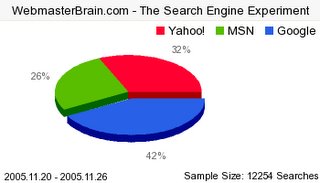houses an obscure subsidiary of Microsoft Corp. that helps the computer giant shave at least $500 million from its annual tax bill.
...
The Wall Street Journal said in its report that a Microsoft Dublin-based company that is used for routing patent a royalty income from overseas operations, paid the Irish Revenue $300 million in taxes last year.
...
In 2002, US companies reported $149 billion of profits in 18 tax-haven countries, up 68% from $88 billion in 1999, according to Tax Notes, which analyzed the most recently available Commerce Department data. This compares with a 23% increase in total offshore profits earned by US multinationals during the same period-total profits of US multinationals'’ foreign subsidiaries around the world stood at $255 billion in 2002.
...
The Wall Street Journal said in its report that a Microsoft Dublin-based company that is used for routing patent a royalty income from overseas operations, paid the Irish Revenue $300 million in taxes last year.
...
In 2002, US companies reported $149 billion of profits in 18 tax-haven countries, up 68% from $88 billion in 1999, according to Tax Notes, which analyzed the most recently available Commerce Department data. This compares with a 23% increase in total offshore profits earned by US multinationals during the same period-total profits of US multinationals'’ foreign subsidiaries around the world stood at $255 billion in 2002.

